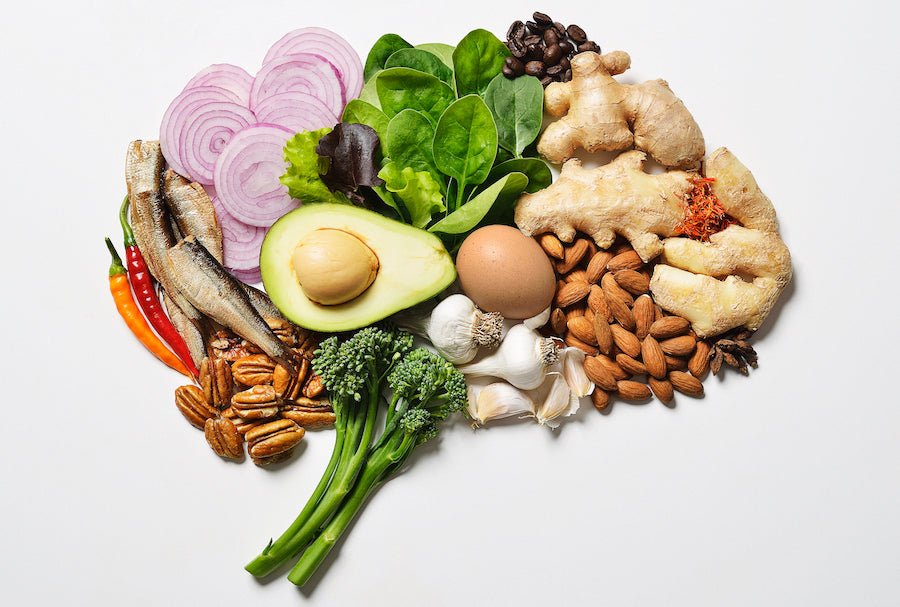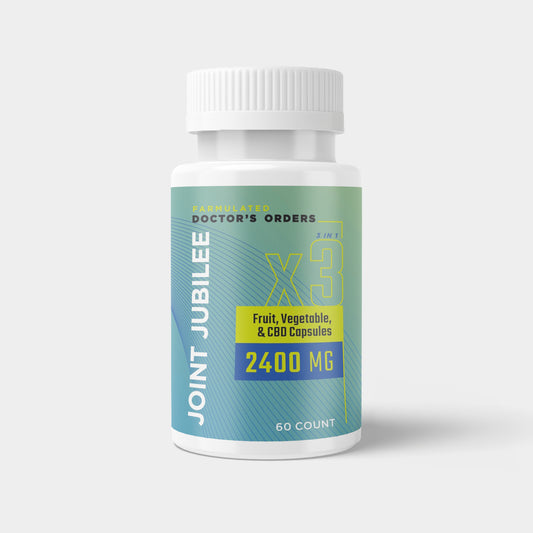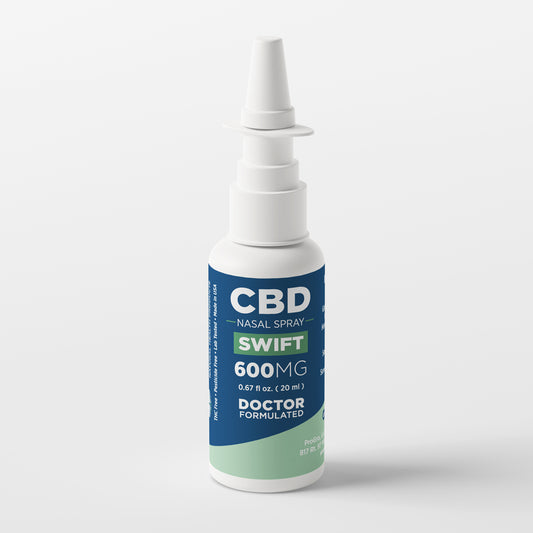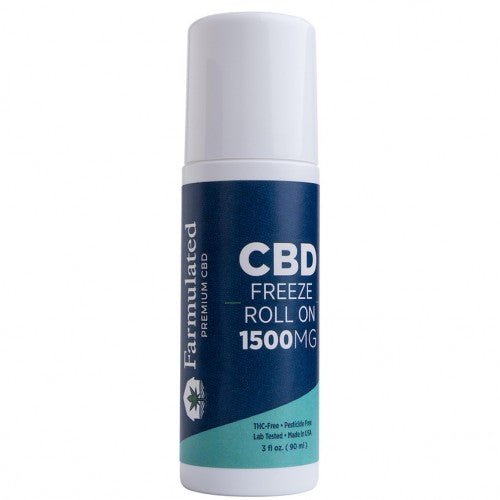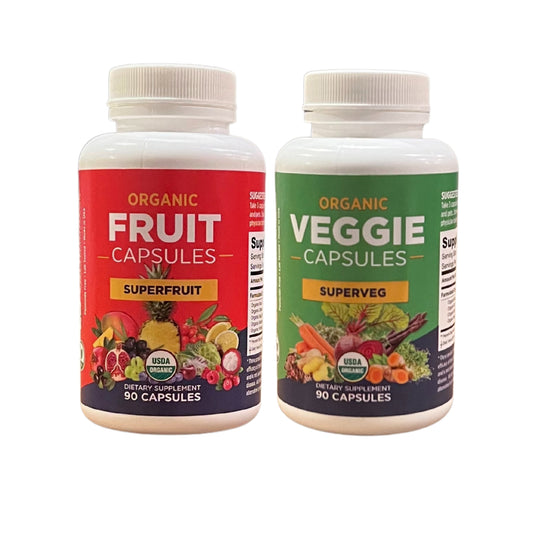Ever been in a bad mood and couldn't quite pinpoint the reason? More often than not, the biology behind your grouchy mindset lies deep within your gut. So, what can you do to reach intestinal equilibrium that translates to a balanced brain and better attitude? Pharmacist and Natural Wellness Expert Gina Ruffa fills us in!
~
Farmulated: When we talk about our “mood,” what exactly are we referencing?
Gina: Our mood is a state of mind or feeling that is related to our internal emotions. It is also affected by things like our brain chemistry, personality and environment. Our moods can generally be considered either positive or negative and I’m sure we would all agree that we prefer to be around people who maintain a good mood.
One field in particular I’d like to touch on is nutritional psychiatry. Yes, our nutrition affects our psyche. I’ve always said, “your mood follows your food,” and now we realize just how much our mood can be associated with what we ingest. There’s also a whole new field of medicine called culinary medicine. We are what we eat from our head to our feet!
And what is the takeaway from these newly emerging fields?
When it comes to all the different diets out there, most research points to the Mediterranean or a mostly plant-based KETO diet as being the healthiest for the brain, and that’s primarily for its anti-inflammatory effects. There is also now a neurodegenerative-protective diet called the MIND diet, which is geared toward postponing the onset of brain diseases such as Alzheimer’s and dementia.
NOTE:
MIND = Mediterranean-DASH Intervention for Neurodegenerative Delay. This research-backed diet places a focus on green, leafy vegetables, nuts and seeds, berries, legumes, fish and poultry, olive oil and more. It simultaneously limits red meats, butter and margarine, cheese, sweets and fried foods. You can read more about the diet here.
On the contrary, what would a brain-depleting diet look like?
Well, there’s the CRAP Diet (Carbonated, Refined, Artificial and Processed) and the SAD (Standard American Diet), for starters. These are diets high in processed foods, refined carbs and sugars and saturated animal fats. Then you factor in smoking, obesity, sedentary lifestyles and even certain medicines like antibiotics and you end up with an inflamed brain with lots of oxidative stress.
But don’t so many of these foods spike neurotransmitters like dopamine and serotonin to put us in a good mood?
JI equals JO, or junk in equals junk out. These foods may give us temporary highs, but the end result is decreased physical energy and cognitive functioning, not to mention addictive properties. The more we spike our blood sugars, the quicker we age. Good nutrition is like the octane we put in our vehicles. Higher octane is associated with better overall performance and longevity. Unfortunately, we cannot replace our body parts as conveniently as we can our vehicle parts!
Right. “Junk food” may be the cheap and easy way to feel better, but it costs us a lot in time and money down the road. So then, what is the benefit of testing a natural neuromodulator like CBD to improve one’s mood?
Yes, it’s true that we will have to either pay now in grocery bills or pay later in hospital bills.
My theory has always been to exhaust all natural alternatives before resorting to prescription medications because you’re less likely to have adverse side effects and more likely to be compliant long-term. There’s also less potential for dangerous drug interactions. CBD is promising because of its anxiolytic, anti-depressant, anti-inflammatory effects and its ability to reduce oxidative stress.
When testing new natural supplements, it always comes down to weighing the benefits versus the risks and the benefits should always exceed the risks. For instance, SAM-e was used in Europe for years before it was used in the United States. We were skeptical of its role as a natural SSRI (Selective Serotonin Reuptake Inhibitor), but now we know it has the potential to protect your brain against neurodegenerative diseases and boost your mood, not to mention the added bonus that it protects the liver and joints!
Do you see CBD as having a similar path of acceptance?
Well, consider Epidiolex, which is a relatively new, FDA-approved prescription CBD medication used to treat a type of seizure. That spurs a lot of promise for other forms of CBD treatments. There’s also Sativex, which is the first cannabis-based oromucosal spray containing both THC and CBD licensed in the UK to treat MS (Multiple Sclerosis)-related spasticity.
NOTE:
Studies show CBD acts as an agonist at the human 5-HT1a receptor, activating serotonin, a key mood-stabilizing neurotransmitter.
Another mood-regulating factor: hormones. Mood swings are often tied to hormonal imbalances, which some statistics show may affect up to 80 percent of women. How do our hormones impact our mood?
In many ways. Hormonal imbalances can promote anxiety and depression. People who have thyroid imbalances tend to suffer. And just as women go through menopause, men may go through andropause. Both are age-related periods of declining hormones such as melatonin, DHEA, growth hormone, estrogen and testosterone.
How can we naturally improve hormonal imbalances?
Vitamin D is a prohormone, which is very critical for regulating moods. MACA root can also be good for balancing hormones. DHEA is a natural hormone also available as a supplement that can be used to help boost other hormones in our body. If you’re feeling off, it is very important to get your vitamin D and hormone levels checked!
Lastly, what would you say are the most important takeaways for someone who wants greater control of their moods?
Practice the eight laws of health, known as NEWSTART. Missing out on a single law can adversely affect our mood and overall health. You need good Nutrition, Exercise, Water, Sunshine, Temperance, Air, Rest, and Trust in God or spirituality to feel your very best. From a dietary perspective, you need to focus on getting more Omega-3s and eating a whole food, plant-based, antioxidant-rich, high fiber, low glycemic index diet that includes raw and fermented foods good for the gut and the gut-brain axis. If you do need to supplement, try to first exhaust your natural options by testing things like CBD.
Hippocrates has a quote: “Let thy food be thy medicine, and let thy medicine be thy food.”
If we make the necessary changes, I do think our mood will follow our food!
~
To learn more about Pharmacist and Natural Wellness Expert Gina Ruffa, visit her website at what-supp.org

